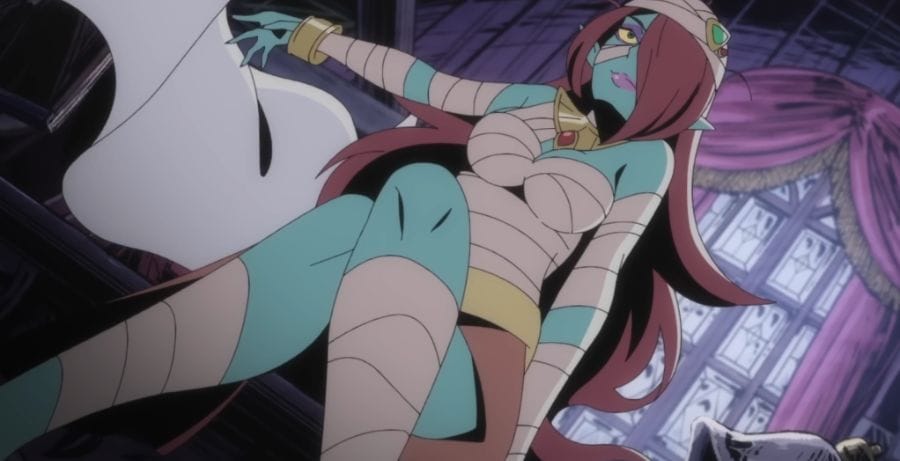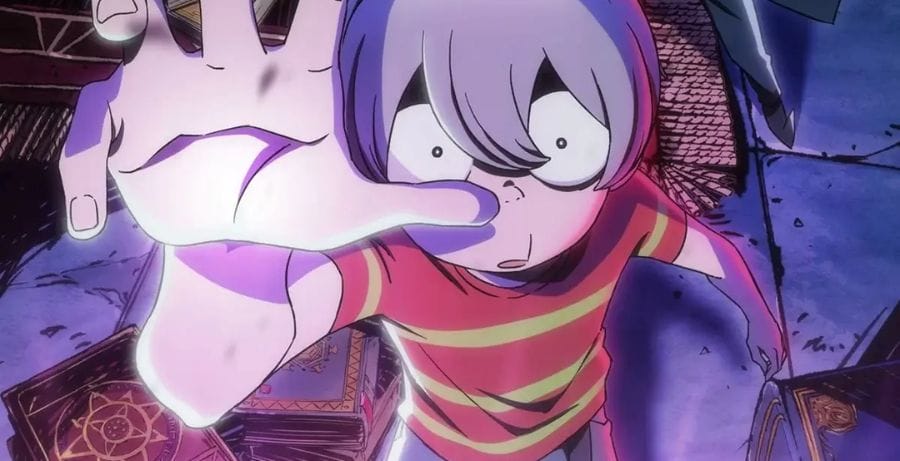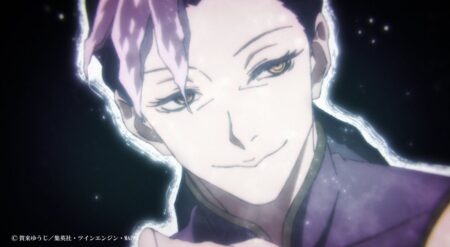Akuma Kun is the latest Netflix Original Anime based on Shigeru Mizuki’s manga and 1989 anime series. Produced by Toei Animation and directed by Fumitoshi Oizaki and Junichi Sato, with Hiroshi Ohnogi contributing to the screenplay, Akuma Kun is animated by Encourage Films under Sakae Shibuya’s supervision. The main Japanese voice cast features Yuki Kaji voices the main character, Akuma Kun/Ichiro Umoregi and Toshio Furukawa lends his voice to Mephisto III.
Akuma Kun centers on a boy genius named Ichiro, also known as Akuma Kun, who was abandoned by humans and taken in by demons. In the present day, he works with his demon-human hybrid Mephisto III as paranormal investigators to solve various murders and mysteries plaguing the human world to make ends meet. Akuma Kun harnesses the supernatural power of demons to combat evil and maintain balance. Ichiro is tasked by his father to achieve the Millennium Kingdom, where demons and humans can coexist, but he can barely pay his rent on time. Amidst all of the chaos, the demon Gremory pursues Ichiro’s heart while others target his soul.
This 12-episode series, each running about 25 minutes, features Ichiro and Mephisto solving cases. The art style is a standout among contemporary anime this season, blending hand-drawn and traditional styles for unique visuals, balancing action with compelling, quieter moments. The series features some characters and backgrounds drawn in a crude fashion, a hand-drawn quality that adds a unique look to each scene. At the same time, other characters and environments are drawn in a softer and more traditional anime style. Additionally, the animation stands out for its beautiful detail and vibrant colors as a perfect backdrop to supernatural stories, thus enriching a visually immersive world.

The protagonist, Akuma Kun, maintains a stoic and dry demeanor, raised by a demon and chosen to bring peace to the world. His realism and logical nature give him an edge in understanding situations, while his colleague, Mephisto III, offers a contrasting, optimistic perspective, delving into human emotions and seeking goodness in humanity.
The interplay between Ichiro’s logical, emotionless approach and Mephisto’s emotive stance adds complexity to the narrative. Ichiro’s direct, rational handling of situations clashes with Mephisto’s half-demon perspective, undoubtedly influenced by their distinct upbringings. Ichiro, abandoned by humans and sheltered by a kind demon, lacks inherent optimism, viewing humans in a starkly simplistic manner.
In contrast, Mephisto comprehends the nuanced nature of the world, acknowledging human flaws while recognizing not all possess inherently malicious intentions. This dichotomy challenges audiences to explore human nature and look beyond the surface. However, while the character dynamics offer depth, the plot falls short in delivering surprising elements, often adhering to a formulaic path with antagonists that minimally impact the overarching storyline.
The premise alone paints Akuma Kun as a devilishly enticing supernatural anime, and for the most part, it delivers. Throughout the first season, Akuma Kun delves into the themes of good versus evil, love, hate, and philosophical contemplations with every supernatural mystery that holds Akuma’s attention.

However, there are some notable narrative flaws within the story. The series contains an end-loaded exposition that could have been more effectively woven into the narrative throughout the episodes, revealing information about Akuma Kun’s father and the workings of the demon world. This late exposition detracts from the storytelling, as it could have been better utilized earlier in the series for a more cohesive experience. If it gets a second season, I have hope the creative and writing teams can overcome these shortcomings.
Despite these narrative shortcomings, the voice casts do a great job injecting life into their characters. I was especially impressed with Yuki Kaji‘s performance that went into crafting the supernatural detective’s deadpan personality for Akuma Kun. Kaji’s performance is one that left me wanting more, especially following the season’s cliffhanger ending.
With its unique artistic style, meticulous detail, and vibrant colors, the art style itself is a standout. Each character possesses distinct features, enhancing the visual appeal and creating an immersive world. The voice actors breathe life into the characters, and the season ends on a cliffhanger that will some gasping and bewildered. Akuma Kun engages audiences with its captivating animation and premise. The exploration of themes like good versus evil, love, hate, and philosophical concepts prompts viewer reflection, making it one to watch.
Akuma Kun is streaming now on Netflix.
Akuma Kun
-
Rating - 7.5/107.5/10
TL;DR
Akuma Kun engages audiences with its captivating animation and premise. The exploration of themes like good versus evil, love, hate, and philosophical concepts prompts viewer reflection, making it one to watch.







